
Shoppers pick fruit at a supermarket in Yantai, Shandong province. (TANG KE/FOR CHINA DAILY)
China's consumer prices dropped for the third consecutive month in December, indicating subdued demand and prompting calls for additional stimulus measures to invigorate domestic demand and encourage consumption.
While China's continued economic recovery is still facing pressures from insufficient demand, analysts said China is capable of registering notable economic growth this year amid a gradual recovery in consumption, investment and the stabilization of the property market.
Looking ahead, they said China's consumer prices will gradually rise in the following months at a moderate rate, with the economic recovery gaining further momentum this year.
Data from the National Bureau of Statistics showed on Friday that the country's consumer price index, a main gauge of inflation, dropped by 0.3 percent year-on-year in December after a 0.5 percent drop in November. For the full year of 2023, the CPI rose by 0.2 percent year-on-year.
Zhang Xuewu, chief of the price analysis and forecasting division at the Price Monitoring Center, which is part of the National Development and Reform Commission, said the CPI decline is mainly due to the decline in food prices, particularly pork prices.
Within the CPI, food prices fell 3.7 percent year-on-year in December, compared with a 4.2 percent drop in November.
Zhou Maohua, a macroeconomic researcher at China Everbright Bank, said China's consumer prices tumbled in some months of 2023 due to fluctuations in food prices, declining crude oil prices and a high base effect.
"While China's domestic consumer demand experienced a moderate recovery last year, the recovery of consumer demand lagged behind the development of production and supply, putting pressure on prices," he said.
The growth in core CPI, which excludes volatile food and energy prices and is deemed a better gauge of the supply-demand dynamic in the economy, came in at 0.6 percent year-on-year in December, the same as in November.
China's producer price index, which gauges factory-gate prices, dropped by 2.7 percent year-on-year in December, following a 3 percent fall in November, the NBS said. For the whole year of 2023, China's PPI dipped 3 percent.
Zhou said the PPI decline is mainly due to lackluster market demand, declining energy prices and the relatively high comparison base in the previous year.
"The PPI contraction in 2023 indicates the imbalance of demand and supply in the industrial sector," Zhou said. "Meanwhile, the narrowing decline in PPI points to the gradual improvement in the operation conditions among the industrial and manufacturing sectors, fueled by the continued recovery in demand and the strong macro policy support."
Zhou said he believes the prices will rise gradually this year with the improvement in pork prices and the rebound in consumption. He called for more steps to boost consumption and promote a more balanced recovery.
Zhang from the NDRC's Price Monitoring Center said China has the conditions and capabilities to promote economic recovery and register notable growth this year, given the continued recovery trend, existing policies taking effect gradually and more stimulus in the offing. Zhang estimated that China's CPI will rise mildly while the PPI will likely register positive growth in the following months this year.
A new report forecast that China's economy will maintain steady growth this year with an estimated GDP growth rate of around 5.3 percent. The report was released by the Center for Forecasting Science, part of the Chinese Academy of Sciences, on Tuesday.








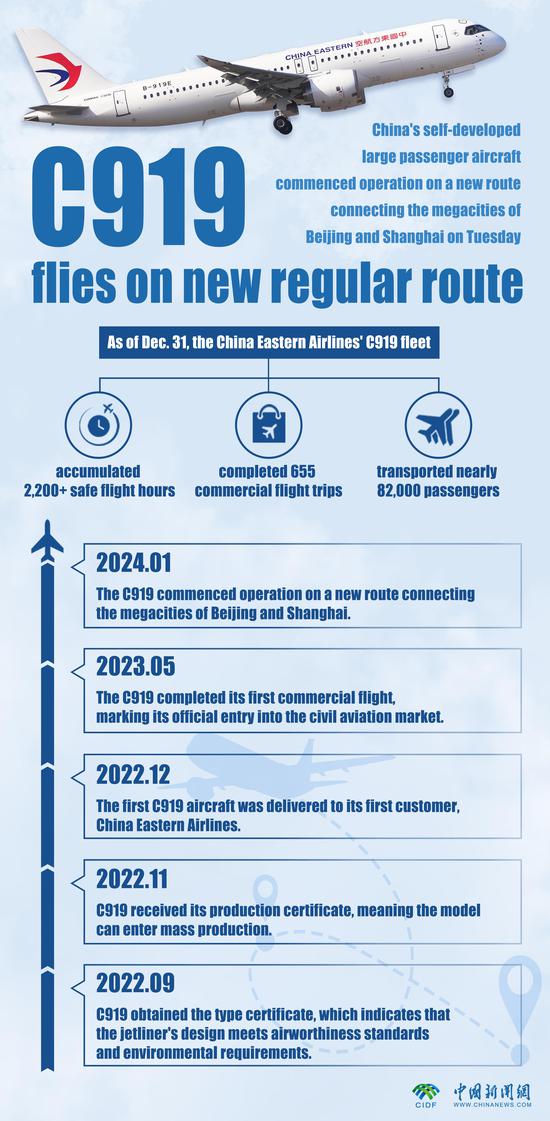

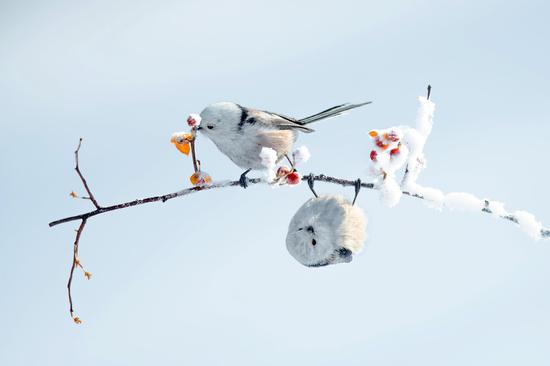

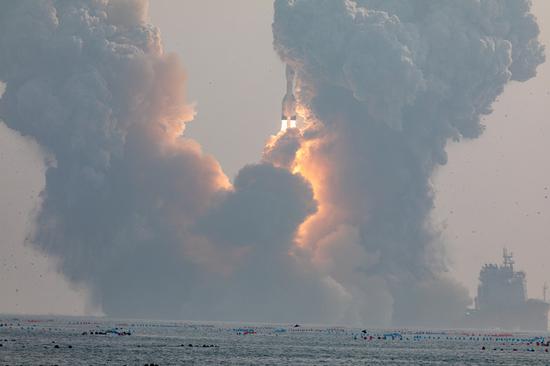
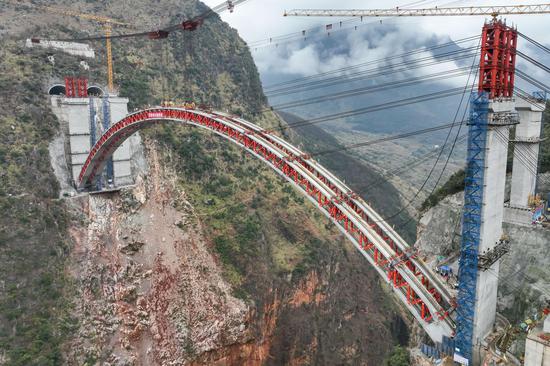
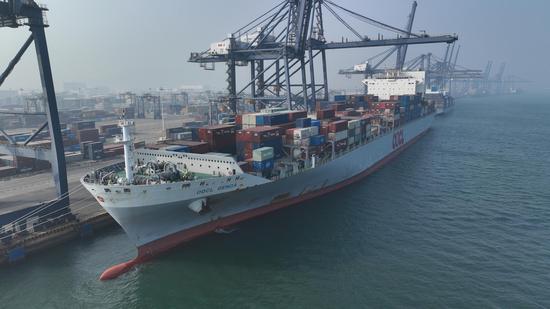


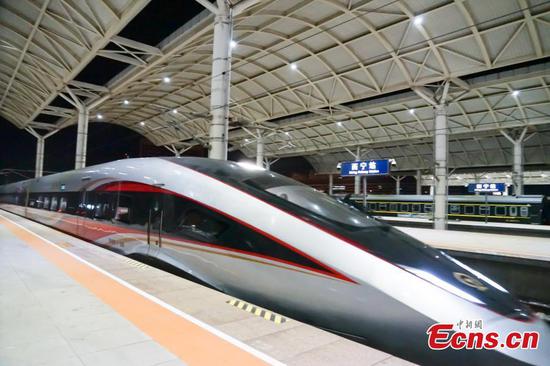





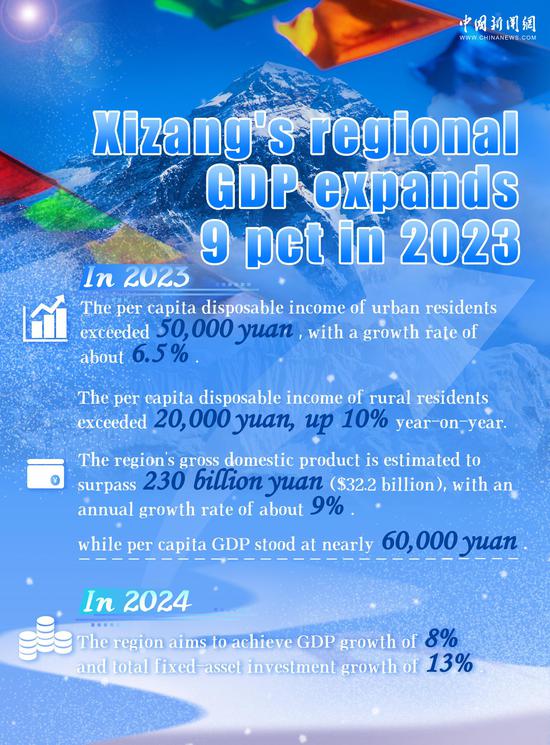

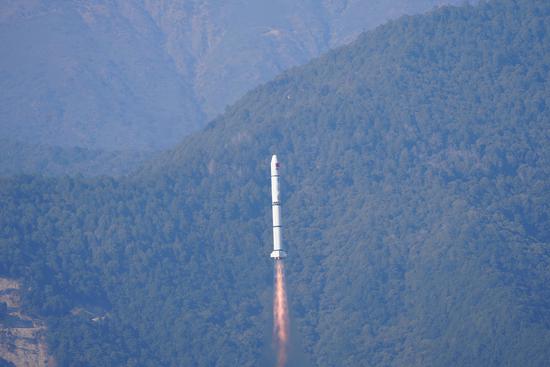
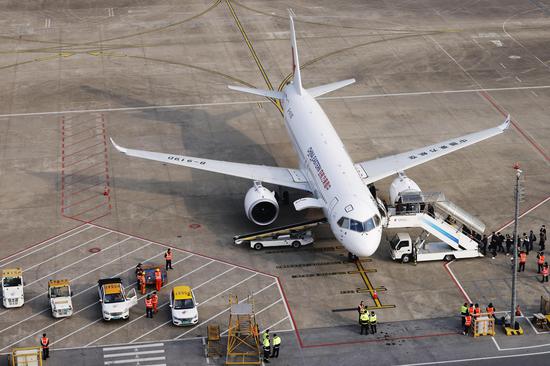
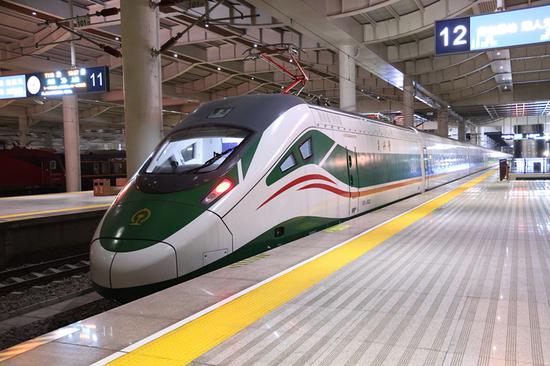

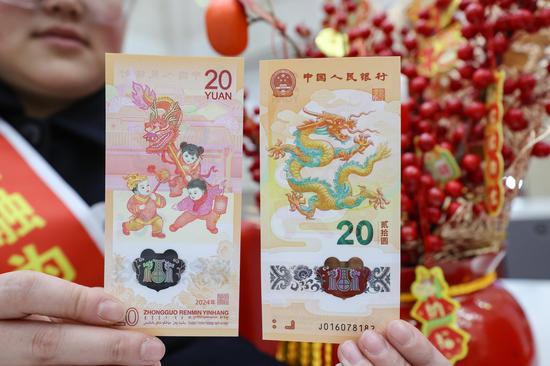
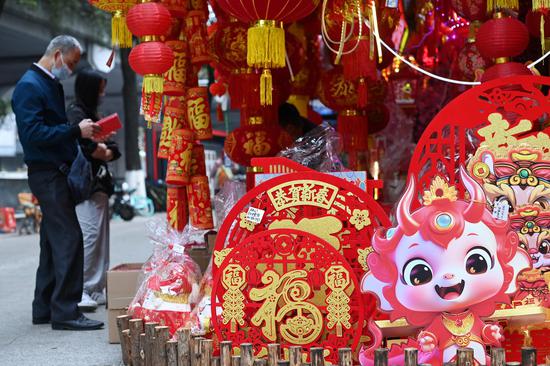
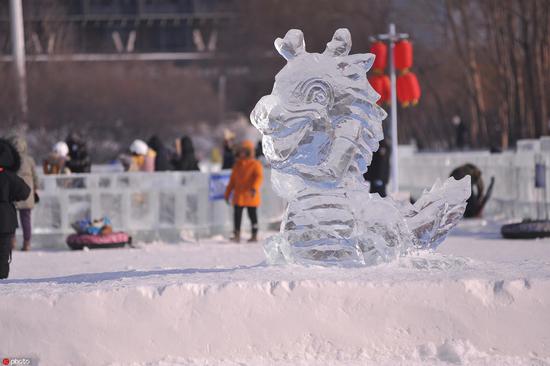
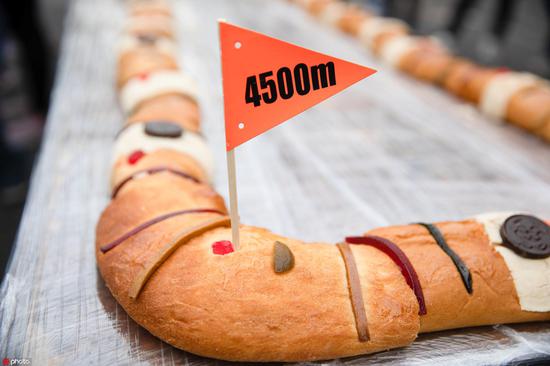

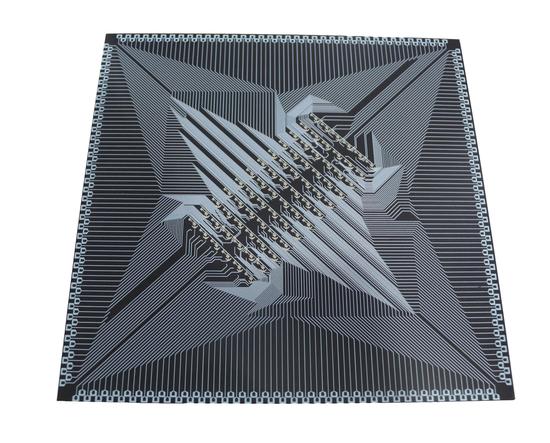
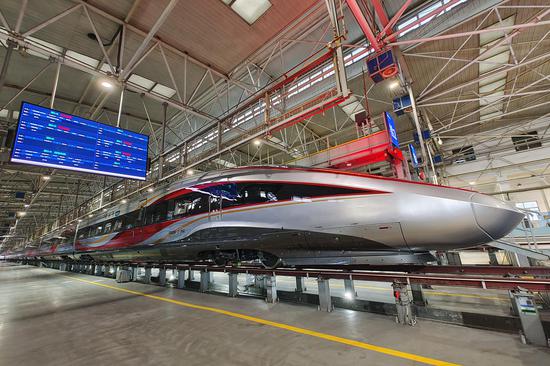


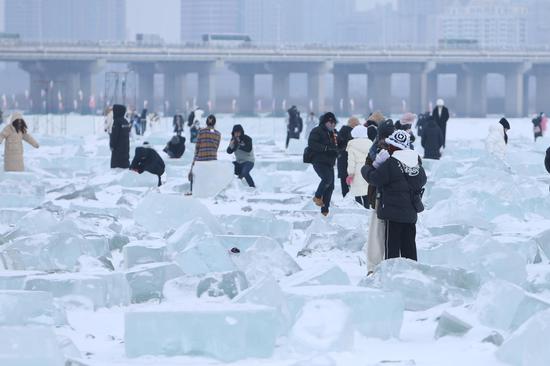
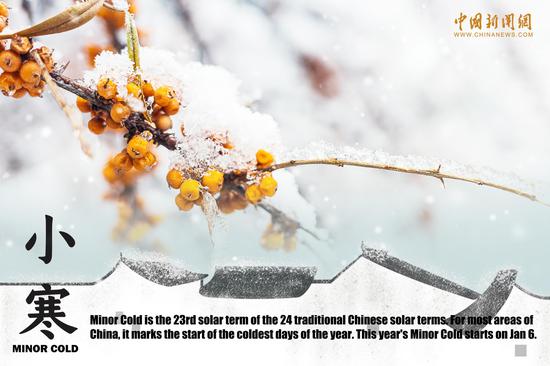
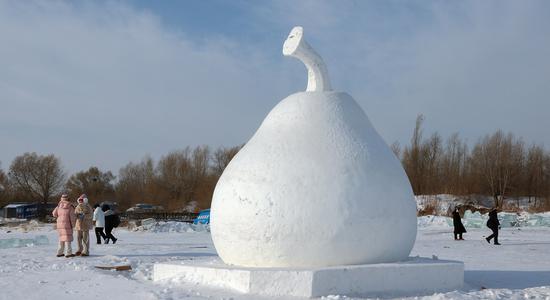









 京公网安备 11010202009201号
京公网安备 11010202009201号